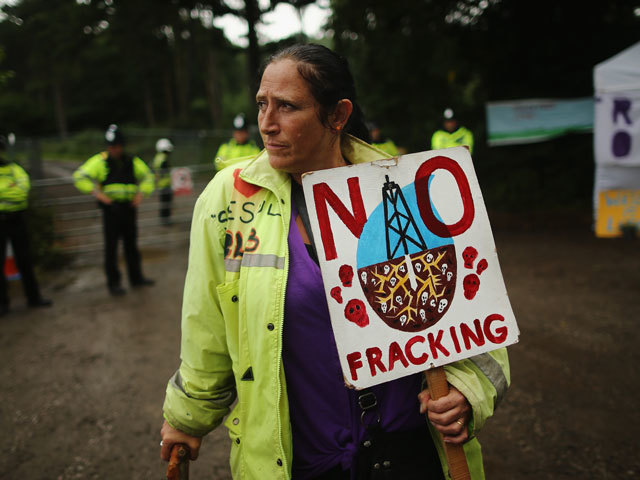
Scotland’s future will be “poor and cold” unless it takes steps to replace the offshore oil industry with onshore shale gas fracking, an expert has claimed.
Economist Gordon Hughes, an Edinburgh University professor and former World Bank advisor, suggested that efforts to tackle social injustice in Scotland will be put at risk unless the controversial energy resource is developed.
At the same event yesterday, a boss at the giant Grangemouth petrochemicals plant warned that its future would be plunged into fresh doubt without a local shale gas industry.
The Scottish Government has announced a moratorium on granting planning consents for hydraulic fracturing, or “fracking” amid public concern over the environmental impact.
However, a range of experts warned against blocking shale gas development at a conference in Edinburgh yesterday.
Professor Hughes said: “The Scottish Government has very ambitious and understandable social welfare targets but these have got to be paid for and have to paid for ultimately out resources that are generated within Scotland.
“The government have done enormously well out of oil and gas but that is going away, and that is not going to be a big resource in future
“The question is what replaces it? We can be poor and we can be cold or we need to produce the energy for ourselves and take a share of the revenues for the fiscal requirement in order to meet the objectives of the government.”
Scotland’s economy faced a crisis in 2013 when the Ineos plant at Grangemouth came close to closure during an industrial dispute.
The firm has since invested in an ethane supply project which will allow it to import, store and use cheap shale gas from the US, and has acquired 700 square miles of fracking exploration licences in central Scotland.
But Ineos Upstream chief executive Gary Haywood said it was feasible to get a shale industry up and running in the UK “within three to five years”.
Commenting on the future of the plant without an indigenous shale gas supply, he added: “I think it is going to be very difficult because when you are shipping in material of that nature you are always at a disadvantage.
“It is a very special situation at the moment with ethane being available in the US at very low prices, because of the rapid increase in production and the lack of demand in the US.
“That has meant we have been able to get that ethane at very, very cheap prices, relatively speaking.
“We can’t see that going on. Unless we can develop an indigenous source, it is unlikely that the cracker (at Grangemouth) has a long-term future.”
For more oil and gas news click here.
Recommended for you
